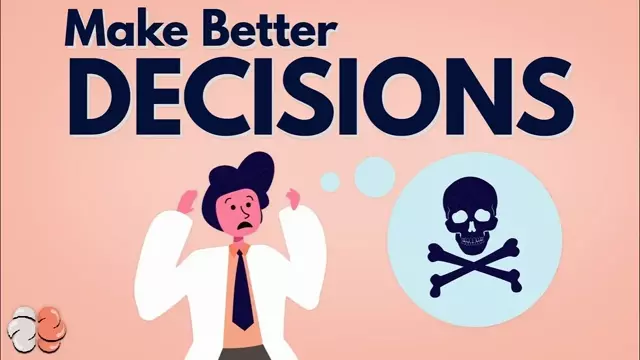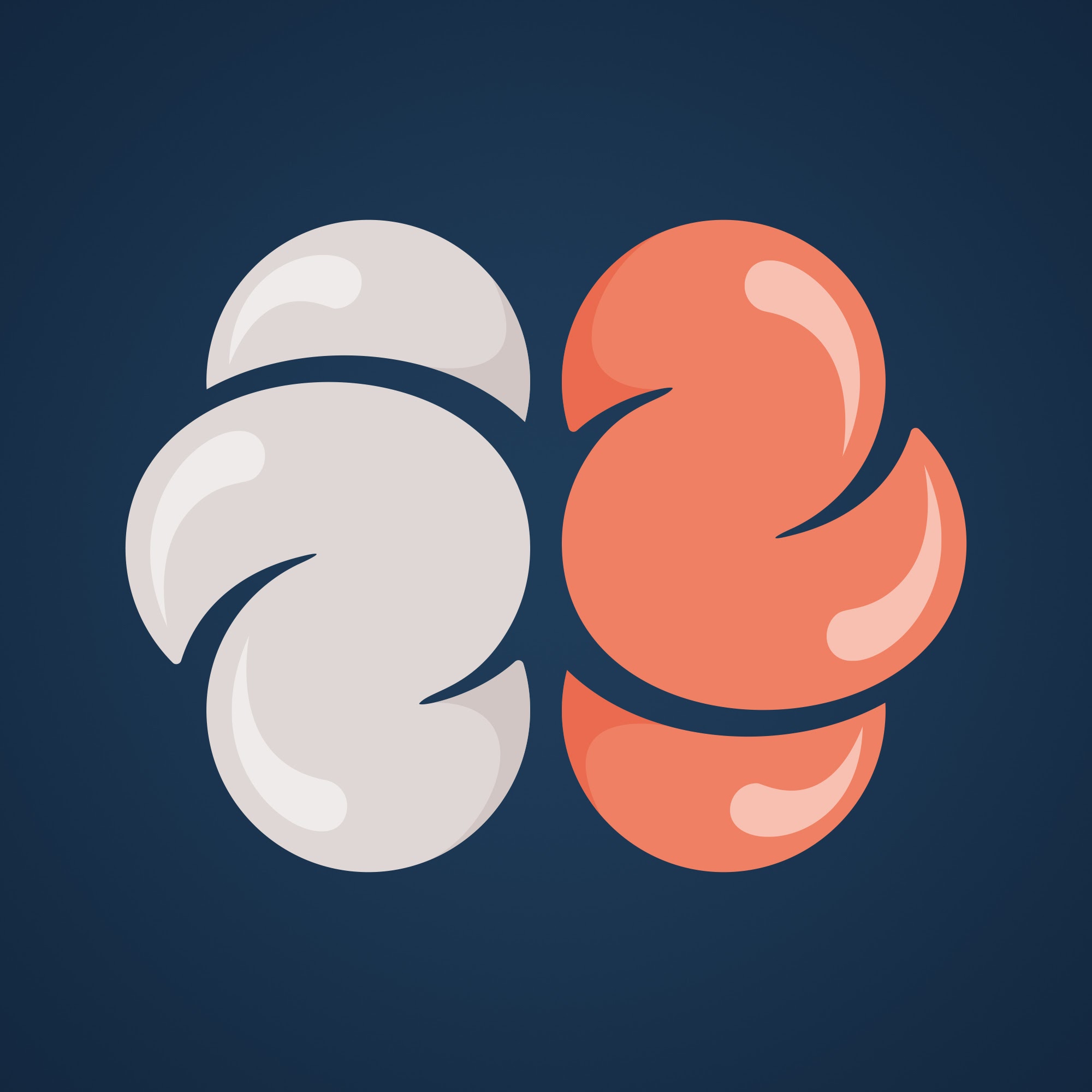2019-09-29
[public] 36.3K views, 2.38K likes, 20.0 dislikes audio only
MY PATREON: https://www.patreon.com/BrainCraft
And please consider SUBSCRIBING to BrainCraft http://ow.ly/rt5IE (and ring that bell 🧠)
My Instagram https://instagram.com/nessyhill | Twitter https://twitter.com/nessyhill
What's the one thing that can ruin your decision making abilities? It's sunk cost bias, where we are more likely to choose something we’ve invested time or money in, even if it’s not the best decision for our future wealth or happiness. I'm trying to improve my decision making, and I hope these psychology tips will equip you to make better decisions in your life 🤔
Music by Epidemic Sound: http://epidemicsound.com/creator
REFERENCES 📚
Arkes, Hal & Blumer, Catherine. (1985). “The psychology of sunk cost.” Organizational Behavior and Human Decision Processes. 35. 124-140. 10.1016/0749-5978(85)90049-4.
Ferrer, Rebecca A., Alexander Maclay, Paul M. Litvak, and Jennifer S. Lerner. "Revisiting the Effects of Anger on Risk-Taking: Empirical and Meta-Analytic Evidence for Differences Between Males and Females." Journal of Behavioral Decision Making 30.2 (April 2017): 516-526.
Lerner, J.S., Ye, L., Valdesolo, P., Kassam, K.S. (2015). Emotion and Decision Making
Annual Review of Psychology 66:1, 799-823.
Cryder, C. E., Lerner, J. S., Gross, J. J., & Dahl, R. E. (2008). Misery is not miserly: sad and self-focused individuals spend more. Psychological science, 19(6), 525–530. doi:10.1111/j.1467-9280.2008.02118.x
Leone, M.J., Slezak, D.F., Golombek, D., Sigman, M. (2017). Time to Decide: Diurnal Variations on the Speed and Quality of Human Decisions. Cognition. doi: 10.1016/j.cognition.2016.10.007
Grossmann I., Kross E. Exploring “Solomon’s paradox”: Self-distancing eliminates the self-other asymmetry in wise reasoning about close relations in younger and older adults. Psychol. Sci. 2014;25:1571–1580. doi: 10.1177/0956797614535400.
Hafenbrack AC, Kinias Z, Barsade SG (2014) Debiasing the mind through meditation: Mindfulness and the sunk-cost bias. Psychological Science, 25, 369–376. 10.1177/0956797613503853
/youtube/video/PFFcAzUtebE?t=48
/youtube/video/PFFcAzUtebE?t=157
/youtube/video/PFFcAzUtebE?t=184
/youtube/channel/UCt_t6FwNsqr3WWoL6dFqG9w
https://www.patreon.com/BrainCraft
/youtube/video/NkUy2yzaCmQ

